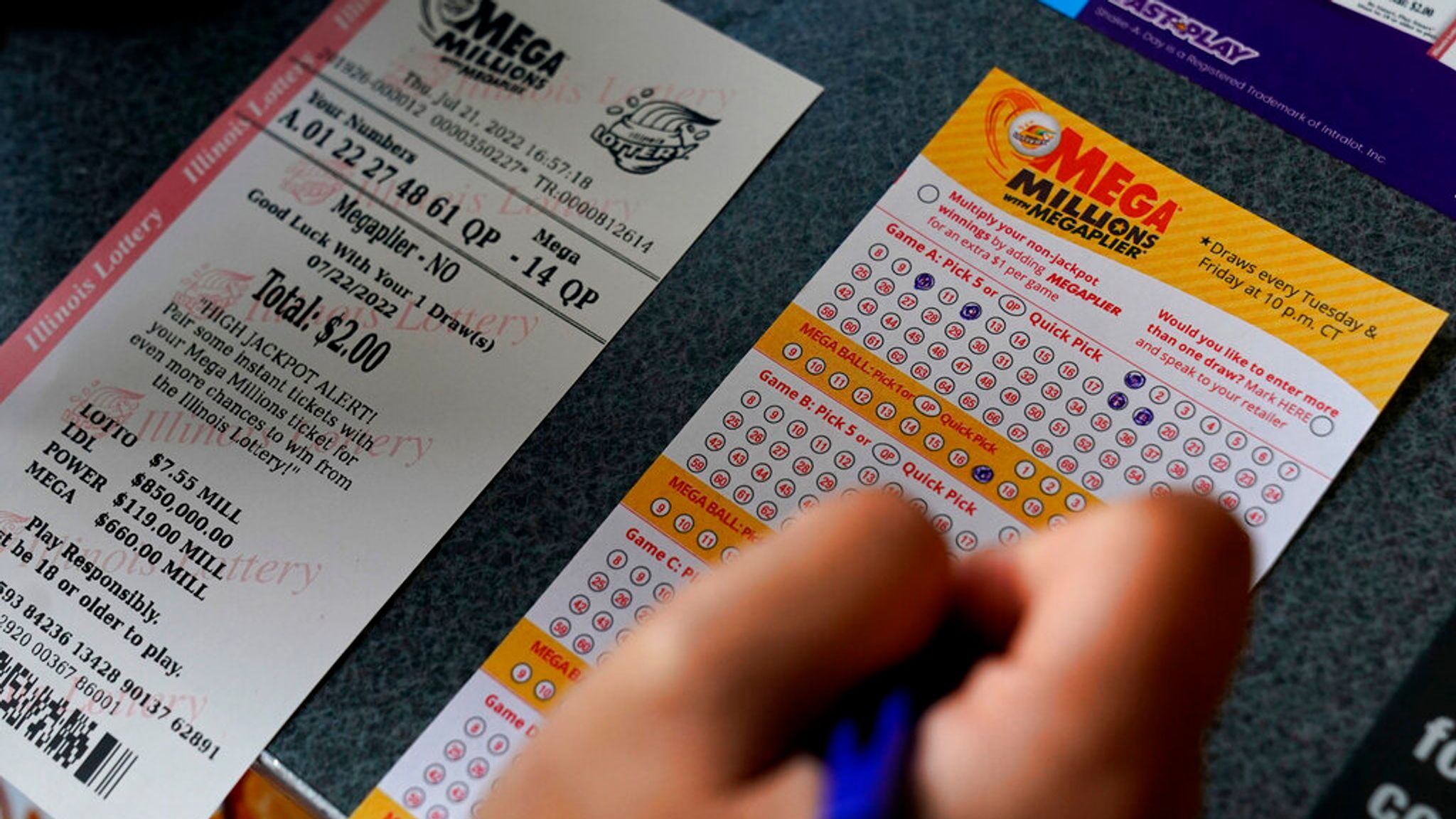
The lottery is a form of gambling that involves drawing numbers for a prize. Historically, the lottery has been used as a way to raise funds for public projects and charitable causes. Modern lotteries are regulated by governments and have become popular forms of entertainment. However, there are many critics of the lottery who believe that it is a form of gambling and should be prohibited. The lottery is a game of chance, and winning it requires knowledge and luck. The odds of winning are low, but it is possible to increase your chances by playing smartly and avoiding common mistakes.
Despite its controversy, the lottery is a popular pastime and an effective means of raising money for charitable and public purposes. In addition to the obvious benefits of the prize money, lottery proceeds are a relatively painless form of taxation and have broad appeal among the general population. The drawbacks of the lottery are primarily concerns over its effect on compulsive gamblers and its perceived regressive impact on lower-income groups.
In modern times, the lottery has been an important part of state and national fundraising for public purposes. In addition to providing a source of income for education, health, and social welfare programs, it is also a way to promote tourism and economic development. However, there are many other issues related to the lottery that have become a focus of debate and criticism. These include the reliance of states on lottery profits to fund public spending, and the difficulty of balancing the competing goals of increasing revenue, maximizing jackpot sizes, and increasing promotional efforts.
Making decisions and determining fates by casting lots has a long history, dating back to the Bible. Modern lotteries take several different forms, from the use of a random process to select jurors for court cases to commercial promotions in which property is given away in exchange for a consideration. Lottery laws generally require a payment of some kind in order to participate, and many states limit the amount of the prizes that can be paid.
While the lottery is a game of chance, players can improve their chances of winning by choosing a combination that includes numbers that have been drawn in previous drawings. In addition, it is helpful to play a smaller game with fewer numbers, as this will reduce the number of possible combinations. The cheapest way to play the lottery is by using scratch-off tickets.
It is also important to remember that winning the lottery can change your life forever. You will need to learn how to manage your newfound wealth and not let it go to your head. If you don’t know how to control your finances, you could find yourself in a world of trouble and end up bankrupt. Ultimately, your family and health should come before any potential lottery winnings. Gambling can ruin lives, so make sure to always play responsibly and never spend your last dollar on a ticket!